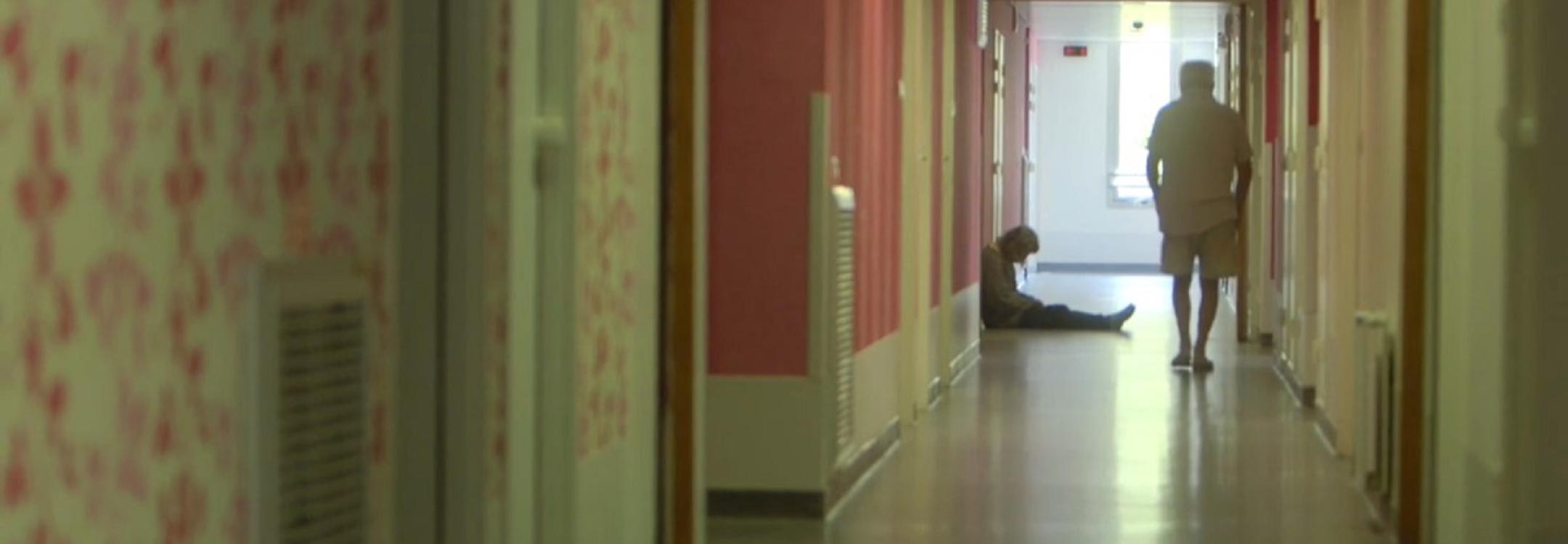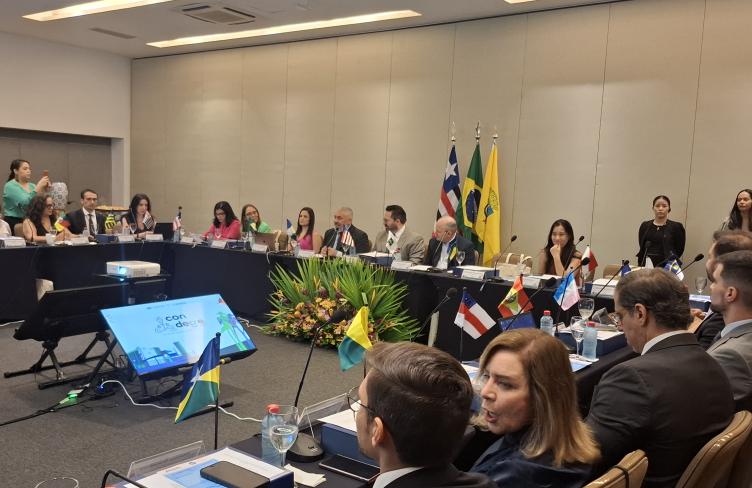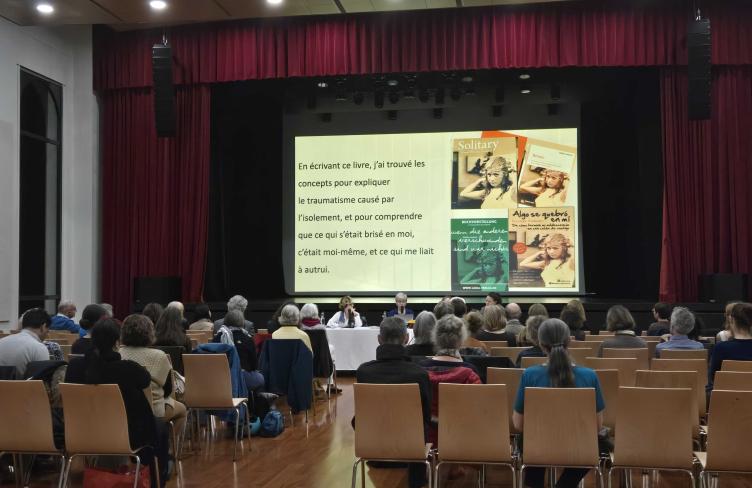
Since the beginning of the pandemic, the risks faced by persons deprived of liberty and staff in places of detention is of particular concern. The conditions and treatment of people held in psychiatric institutions may have received less public attention – but has nonetheless be high on the agenda of oversight institutions.
In June 2020, upon the request of many National Preventive Mechanisms (NPMs) and other oversight institutions, the APT facilitated a webinar to discuss the specific challenges and good practices of monitoring psychiatric institutions during the COVID-19 pandemic. It aimed to identify and discuss the main risks posed by the COVID-19 pandemic on the conditions and treatment of people locked down in psychiatric institutions, and the mitigation solutions that can effectively be recommended in that regard.
The APT invited a partner NGO, Validity to share their analysis of the situation with approximately 60 detention monitors from all regions of the world. Steven Allen, Co-Director of Validity, highlighted the importance of promoting, protecting and defending the human rights of people with mental and psychosocial disabilities. “Monitoring visits by National Preventive Mechanisms (NPMs) and strategic litigation research are needed in psychiatric institutions during the COVID-19 pandemic, to better understand its impact on both staff and patients” – Allen said.
In psychiatric facilities, there are voluntary an involuntarily detained people, which determines the lawfulness or unlawfulness of the detention measures. There is little oversight about what procedures discriminate people in these institutions. According to Allen, the World Health Organization (WHO) guidelines on COVID-19 in residential settings should be implemented, as well as basic mitigation measures. “The lockdown of these facilities damages the reintegration of people in the community, because they cannot maintain social nor family relations in situ” – he concluded.
The NPMs from Brazil, Tunisia and the United Kingdom shared their insights with their peers. Oversight institutions discussed ongoing challenges posed by the COVID-19 pandemic in psychiatric institutions, such as access to general healthcare by people held in such facilities, the provision of training and capacity building to staff members, and incommunicado quarantine. Most NPMs conduct remote monitoring of such facilities and some of them have resumed on-site visits. Participants shared methodological challenges and good practices associated with monitoring psychiatric institutions, including the appropriate use of Personal Protective Equipment (PPE) for carrying out on-site visits; the importance to reach out to staff and authorities, families and medical personnel; access to electronic registrations and questionnaires provided to patients; and risks of reprisals. In some countries, NPMs are also making key policy recommendations to promote alternatives to the institutionalisation of persons with psychosocial disabilities.
“Local authorities need to understand the conditions under which people in these institutions live,” stated Mr. Daniel Caldeira de Melo, expert psychologist from the NPM of Brazil. In Tunisian psychiatric institutions, tests are only being carried out in case of doubt and, in many cases, staff have to purchase their own PPE. “The NPM collects data, sends letters to authorities inquiring investigations and writes monthly reports,” said Ms. Saida Mbarek, President of the Commission on Vulnerable Groups from the NPM of Tunisia. In the United Kingdom, the principle of “do no harm” has been implemented. “Because monitoring visits to psychiatric institutions were suspended, the NPM monitors them virtually. However, remote monitoring presents us with ethical dilemmas”, added Mr. Mat Kinton, National Mental Health Act Policy Advisor, Care Quality Commission, UK NPM.
NPMs play a crucial role in the monitoring of psychiatric institutions, even more in times of COVID-19. The creativity in the way they monitor is positive because it allows them to find alternatives to physical monitoring. In her closing remarks, Barbara Bernath, APT’s Secretary General, reflected on the challenges and opportunities faced by persons held in psychiatric institutions during the COVID-19 pandemic: “We should try to make the best out of this crisis: work together on how we do the monitoring and learn from the practices implemented by different NPMs”.


